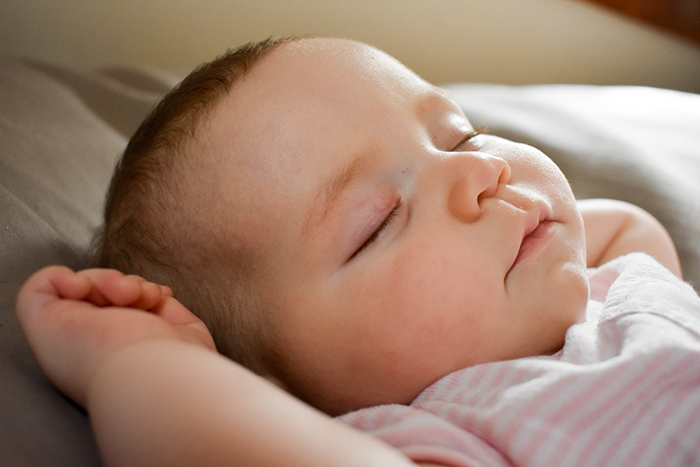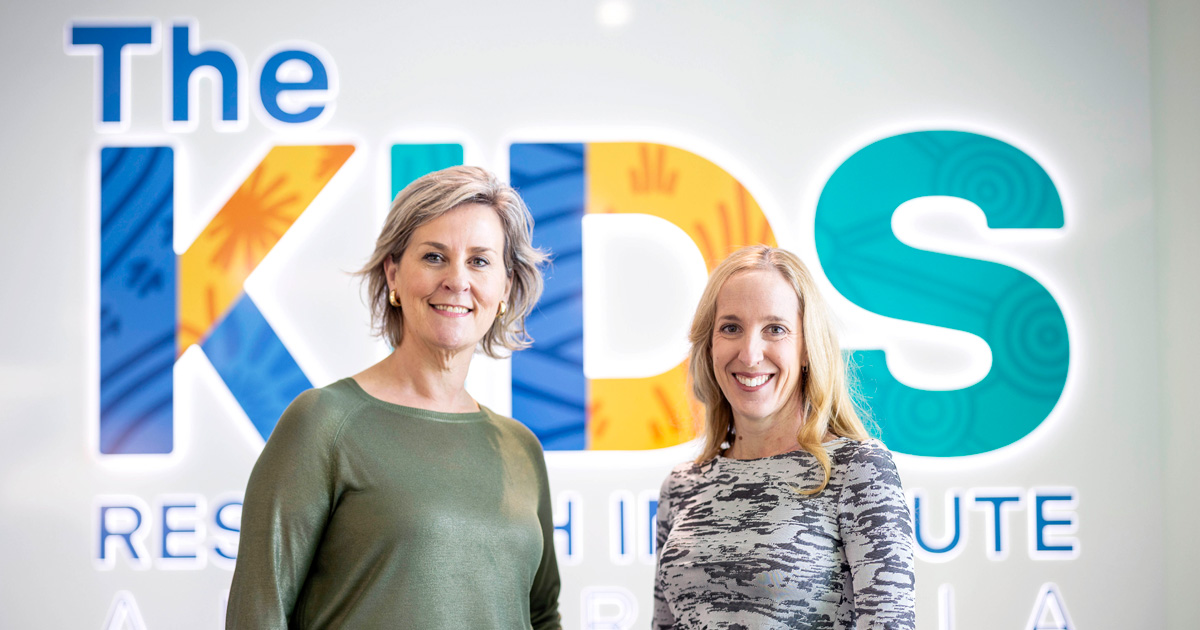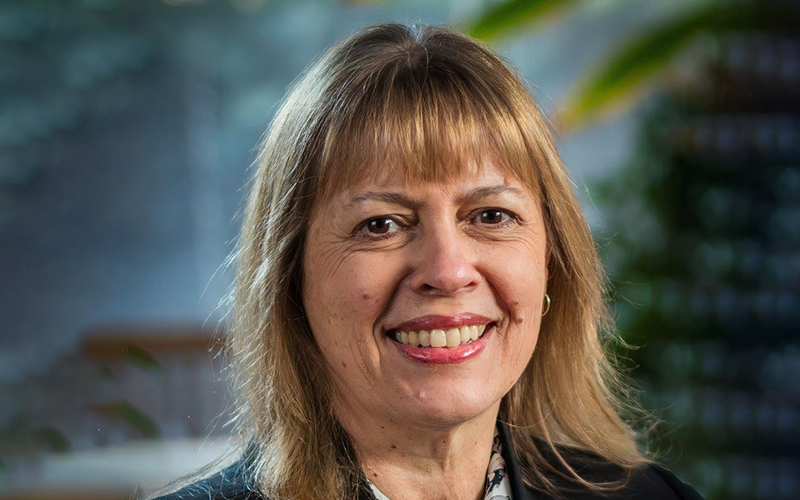Search
Showing results for "Au"
Research
Immune mechanisms by which topically applied vitamin D acts as a therapeutic agentVitamin D, nutrition, diet, therapeutic agent
Research
The effects of breast-feeding duration on language ability to middle childhoodModern societies are challenged by "wicked problems" - by definition, those that are difficult to define, multi-casual and hard to treat.
Research
Epithelial-dendritic cell interactions in allergic disordersAirway epithelial cells act through multiple mechanisms to function as an important component of the pulmonary defence strategy that is crucial...

Our researchers want to know what causes chronic lung disease in babies born very preterm. We can learn more about what's happening in the lungs by measuring the air that babies breathe out.
The Opportunity This position provides the successful appointee the opportunity to work within an experienced clinical trial research team. They will
A research leadership & research management role across established research projects in FASD Prevention, Diagnosis, and Therapy/support

News & Events
New additions to The Kids Executive to help reimagine researchTwo new members have joined The Kids Research Institute Australia Executive team, each tasked with helping the Institute realise its vision to drive greater health impact where kids and families need it most, sooner.

News & Events
In memoriam: Vale Emeritus Professor Michael Alpers AO CSM FRS FAAWe honour the memory of Emeritus Professor Michael Alpers, a colleague and friend to many at The Kids Research Institute Australia, who passed away on December 3, 2024.

News & Events
Congratulations to Professor Helen Milroy – WA’s 2021 Australian of the YearThe Kids Research Institute Australia congratulates Professor Helen Milroy on being named Western Australia’s 2021 Australian of the Year.

News & Events
Researchers pay tribute to LockieThe hearts of everyone at The Kids go out to the family and friends of Lachlan Hernaman, a long-term participant in lung health research who died suddenly on April 30.
